How Can I Green Our House?
fandlil
16 years ago
Related Stories

THE POLITE HOUSEThe Polite House: Can I Put a Remodel Project on Our Wedding Registry?
Find out how to ask guests for less traditional wedding gifts
Full Story
LIFEThe Polite House: How Can I Kindly Get Party Guests to Use Coasters?
Here’s how to handle the age-old entertaining conundrum to protect your furniture — and friendships
Full Story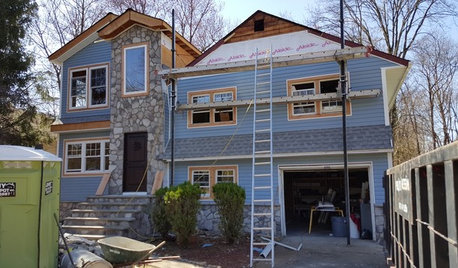
LIFEThe Polite House: How Can I Tell a Construction Crew to Pipe Down?
If workers around your home are doing things that bother you, there’s a diplomatic way to approach them
Full Story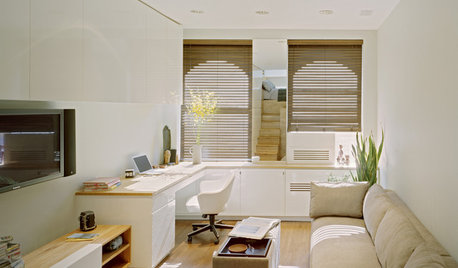
SMALL HOMESCan You Live a Full Life in 220 Square Feet?
Adjusting mind-sets along with furniture may be the key to happiness for tiny-home dwellers
Full Story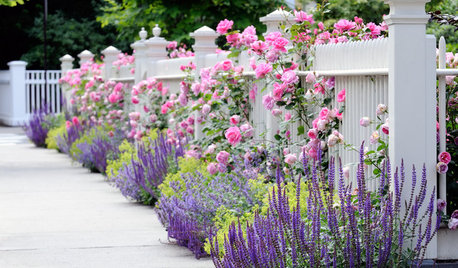
GARDENING GUIDES10 Tips to Start a Garden — Can-Do Ideas for Beginners
Green up your landscape even if you're short on time, money and knowledge, with these manageable steps for first-time gardeners
Full Story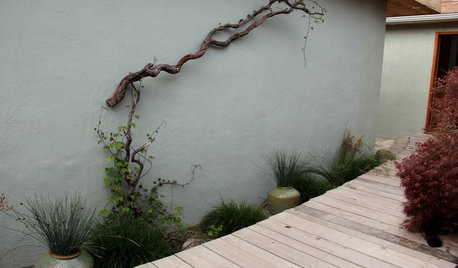
DECORATING GUIDESSee How Wabi-Sabi Can Bring Harmony and Beauty to Your Home
Create your own wabi-style style with beautifully weathered, humble materials around the house
Full Story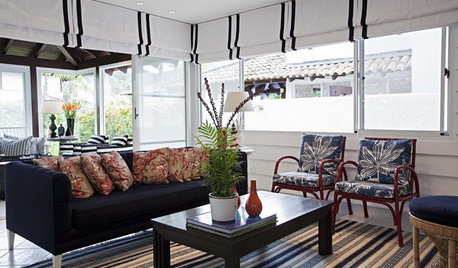
WINDOW TREATMENTS7 Window Treatments That Can Lower Your Energy Bills
Beautify your windows, keep your home cool and reduce energy use all at once with the right covering
Full Story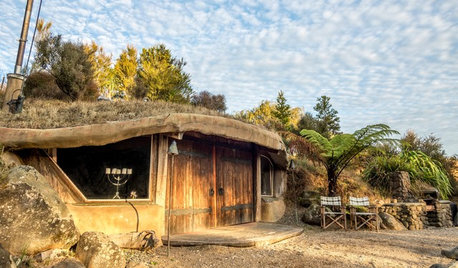
FUN HOUZZWe Can Dream: Hobbit Houses to Rule Them All
Escape the real world and explore your Middle-earth fantasies
Full Story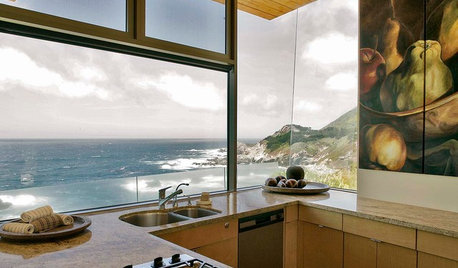
KITCHEN DESIGNWe Can Dream: 28 Kitchens With Breathtaking Views
In these homes, the best view in the house might just be from behind the kitchen counter
Full Story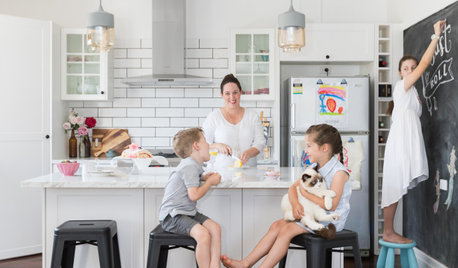
FEEL-GOOD HOMEThe Question That Can Make You Love Your Home More
Change your relationship with your house for the better by focusing on the answer to something designers often ask
Full Story





fandlilOriginal Author
thull
Related Professionals
Half Moon Bay Solar Energy Systems · Peabody Solar Energy Systems · Tustin Solar Energy Systems · Verona Solar Energy Systems · Mililani Town Design-Build Firms · Grover Beach Home Builders · Hutto Home Builders · Valley Stream Home Builders · Boca Raton Roofing & Gutters · Boerne Roofing & Gutters · Boone Roofing & Gutters · Cape Coral Roofing & Gutters · Kyle Roofing & Gutters · Westfield Roofing & Gutters · Wichita Roofing & Guttersmikie_gw
garymunson-2008